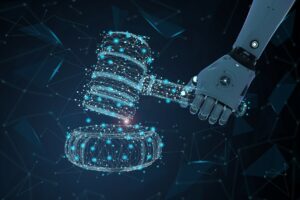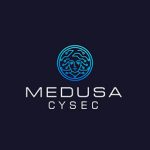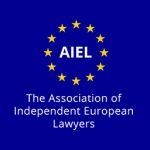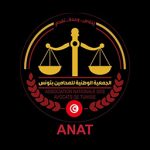Victims of NFT thefts are now more likely to be protected in the UK
Thanks to the landmark Case Lavinia Deborah Osbourne v (1) Persons Unknown (2) Ozone Networks Inc Trading as Opensea, the High Court of the United Kingdom ruled that “non-fungible tokens” (NFTs) are recognized as “property.”
The Boss Beauties collection, an NFT-based effort meant to “create opportunities” and raise cash for females, claimed that two digital works were taken from Lavinia Osbourne’s online wallet in March 2022.
The Court held that the assets were “property” and thus a property freezing injection could be served. Further, an injunction was served to freeze the assets on two accounts on Ozone Networks, which hosts the OpenSea NFT marketplace.
The High Court’s ruling allows victims to obtain court injunctions against those crypto-wallets that carry the stolen NFTs and to the NFT platform on which the stolen assets are being sold. Such permission to serve the order is granted regardless of the jurisdiction of those involved. In fact, in matters involving digital art, the actual location of the persons involved is often unclear and an extra license to serve orders, independent of jurisdiction, would be essential.
Due to the fast expansion of digital art businesses on mostly unregulated platforms and the lack of significant legal precedents, the art industry will intently watch these cases. The announcement of this decision coincides with allegations that an NFT marketplace, NFTCN, was held liable for allowing a user to “produce tokens from a stolen artwork” by the artist Ma Qianli in a court verdict in Hangzhou, China.
NFT holders face a rising number of hacks and thefts, and holders of NFTs may rest easy knowing that the courts recognize them as property and will provide them with assistance and remedy if their wallet is penetrated and their NFTs are stolen. So far, those in other countries, including the United States, do not have this protection. This decision clarifies that NFTs – as code tokens – are separate property from the item they represent, such as digital artwork, under English and Welsh law, when it comes to safeguarding crypto-asset holders.
The judgment may elicit criticism among the NFT community, divided on whether stolen assets are truly stolen. Some crypto thought leaders subscribe to the “code is law” worldview, which holds that ownership belongs to whoever can show they possess the asset and that neither governmental authorities nor NFT platforms should intervene in ownership disputes. Murmurs of disenchantment will be increasing when jurisdictions start an NFTs’ regulatory wave. However, from a practical perspective, owners who got their NFTs compromised should seek legal advice to identify legal solutions around regaining control of their NFTs.
